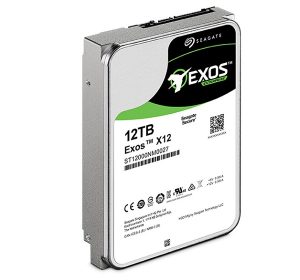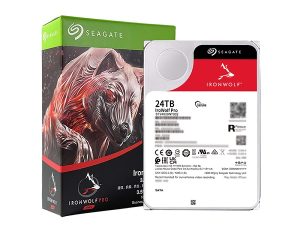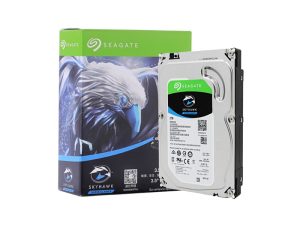In the rapidly evolving world of data storage, understanding the capabilities and limitations of your PC’s storage is crucial. Today, we’ll dive deep into the question: How many SSDs can a PC have? And how do Seagate enterprise drives fit into this equation? Let’s explore the ins and outs of PC storage and what it means for your business.
Understanding SSDs in a PC Setup
Solid State Drives (SSDs) have become the standard for high-performance storage in modern PCs. Unlike traditional Hard Disk Drives (HDDs), SSDs offer faster data access times, higher reliability, and lower power consumption. But how many SSDs can a PC accommodate? The answer depends on several factors, including the PC’s motherboard, the type of SSDs, and the overall system configuration.
Factors Determining the Number of SSDs in a PC
Several key factors influence the number of SSDs you can install in a PC:
- Motherboard Slots: Modern motherboards come with multiple PCIe slots and M.2 slots. The number of available slots determines the maximum number of SSDs you can install.
- Storage Type: SSDs come in various form factors, including 2.5-inch, M.2, and PCIe cards. Each type requires different slots and may have different performance characteristics.
- Power and Cooling: Adding more SSDs can increase power consumption and heat generation. Your PC’s power supply and cooling system must be capable of handling the additional load.
Optimal Storage Solutions with Seagate Enterprise Drives
When it comes to enterprise-level storage, Seagate offers a range of drives that cater to diverse needs. Here’s how you can optimize your PC’s storage with Seagate enterprise drives:
- High Capacity and Performance: Seagate’s enterprise drives provide high storage capacities and exceptional performance, making them ideal for data-intensive applications.
- Reliability and Durability: With advanced error correction and wear-leveling algorithms, Seagate enterprise drives ensure data reliability and longevity.
- Scalability: You can easily scale up your storage by adding more Seagate drives as your business grows.
Maximizing Storage with Multiple SSDs
For businesses looking to maximize storage capacity and performance, installing multiple SSDs can be a game-changer. Here’s how you can do it:
- Assess Your Needs: Determine how much storage you require and the performance levels you expect.
- Choose the Right Drives: Select SSDs that meet your performance and capacity requirements, such as Seagate’s enterprise drives.
- Install the Drives: Install the SSDs in the available slots on your motherboard, ensuring proper grounding and cooling.
- Configure the Storage: Set up the drives in a RAID configuration (if needed) for improved performance and redundancy.
Why Choose Seagate Enterprise Drives?
When it comes to procuring enterprise drives, Seagate stands out for several reasons:
1. Seagate’s Reputation: As a leading manufacturer of storage solutions, Seagate has a long-standing reputation for quality and reliability.
2. Total Cost of Ownership: Seagate enterprise drives offer a competitive total cost of ownership, thanks to their durability and low maintenance requirements.
3. Technical Support: As a Seagate enterprise partner, we provide top-notch technical support and warranty services.
4. Transaction Security: We ensure secure transactions and reliable delivery, minimizing any risks associated with procurement.
5. Supply Stability and Quality Assurance: We guarantee a stable supply of high-quality Seagate enterprise drives, ensuring uninterrupted operations for your business.
In conclusion, understanding the number of SSDs your PC can accommodate and choosing the right drives like Seagate’s enterprise solutions can significantly enhance your business’s data storage capabilities. Contact us today to explore the best storage solutions for your enterprise needs.




